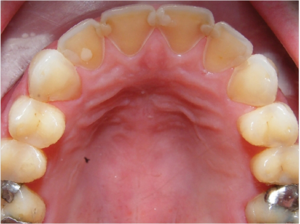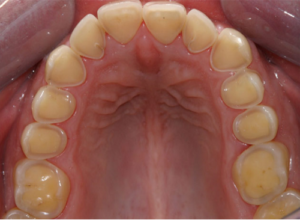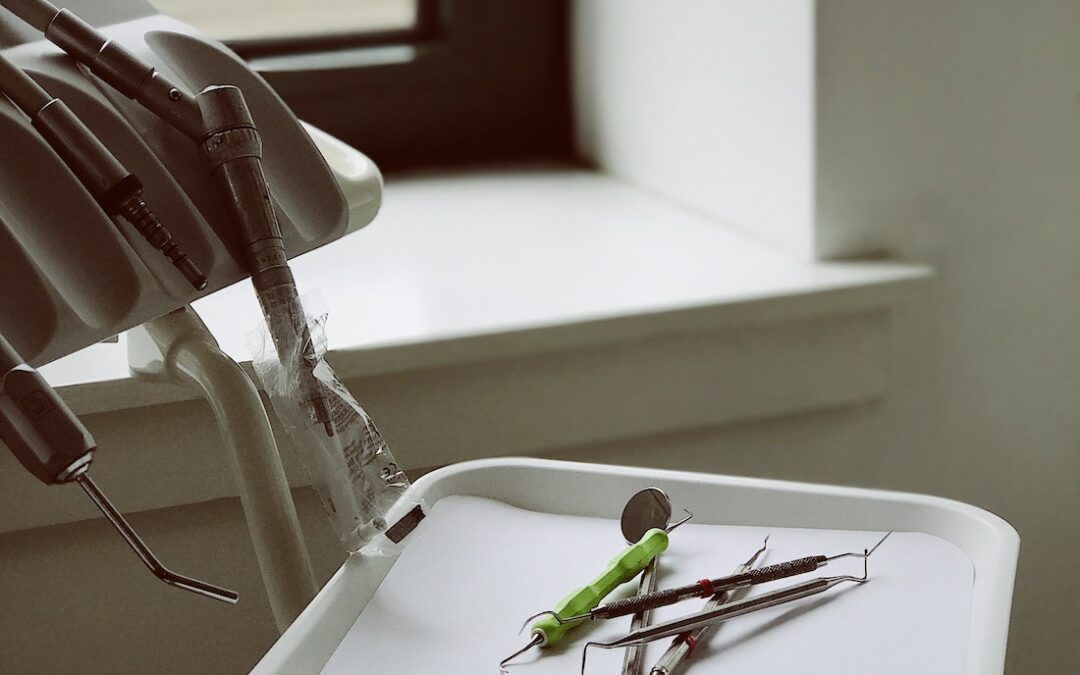As dental professionals, we are ill-equipped to deal with a situation that may be literally staring us in the face every day – eating disorders. You may feel awkward to bring it up. As well as unsure about how to approach your patient without offending them or ending up with a bad Google review. Perhaps you are just waiting for it to naturally come up in conversation after a few visits.
As a result of eating disorders, patients can suffer significant damage to teeth. Not to mention, it is often very costly. This is especially from actions such as purging. Unfortunately, many of these patients end up being overlooked for years. Then later down the road, need expensive dental treatment. In addition to the possible many other issues they are dealing with.
Regardless of how you are feeling, you must understand that you are a health professional. You are responsible for protecting your patient’s health. Time is of the essence.
How to Address Eating Disorders with Patients
Therefore, how do we effectively bring up this sensitive topic? Be direct, be clear, and be gentle. Additionally, be specific about the unique ways eating disorders can cause issues with oral health. For instance, if you are seeing dramatic damage and evidence of a potential eating disorder, it is likely the patient suffers from a chronic disorder. In other words, it has likely been ongoing over at least 12 months. For this reason, there is no time to waste.
When talking to patients, directly mention that an eating disorder as a possible cause for the damage. Be sure to use the words “eating disorder”. Rather than bulimia, anorexia, or any of those types of words. Patients often will not mentally connect their oral health situation and eating disorder.
Sample Comments
It can be as simple as this following a routine exam:
“No cavities, so that’s good news! Hey, I did want to point some things out. There is unusual damage to the backside of many of your teeth that is very odd for someone your age. Any idea what could be causing that?” Odds are they’ll answer in the negative. However, feel free to be gentle, but direct.
“You know, sometimes I see this type of wear and tooth damage in patients with eating disorders. Do you currently, or have you ever, suffered from an eating disorder?”
Many suffering patients feel shameful about their condition. Thus, find admitting it, especially when unprompted, very difficult. As a dental professional, we can help our patients take that first, very hard step.
Clinical Signs of Eating Disorders
What are the actual clinical signs we are looking for? The most obvious is seen in the form of tooth erosion. This is seen in those who are purging, or forcing themselves to vomit. Consequently, they are passing stomach acid over their teeth. In turn, is extremely corrosive to tooth enamel. Often, an obvious pattern of lingual erosion (as seen below) is seen. This can even be seen on the occlusal and buccal of posterior teeth in severe cases. If you see this type of wear on a younger patient in their teens, or even 20s, it should give you pause.


In short, it won’t always be easy. It’s possible, and even likely, that patients will deny and evade your questioning. For example, that could mean not identifying it on your intake forms. Or maybe it means denying it when asked directly. Regardless, be patient. Continue to monitor the oral health and report your observations. Tell them things are getting worse if you see that. Apply gentle pressure to identifying the cause of the issues. Continue to show empathy, patience, and care. They will respond.
To emphasize, it is very likely you are the first health care professional seeing evidence of an eating disorder in this person’s life. Therefore, you may even be the first person helping them to confront it with themselves. Take that position and responsibility seriously. You very well could save a life.
Final Remarks
For more information, contact us at Courage to Nourish today. Our eating disorder dietitian nutritionists are located in College Park, Maryland. and Columbia, Maryland. As well as Alexandria, Virginia. Colorado. and Pennsylvania. Read more about the Courage to Nourish team. We’d love to support you in eating disorder recovery.
Also, sign up for our client or clinician newsletter!

Helping my clients cultivate meaningful connections and interests outside of their eating disorder is a true passion of mine. I like to think my clients and I are on a team to navigate recovery. I love working with high school and college students as well as athletes seeking to have a better relationship with exercise. I am a proud anti-diet dietitian and work with my clients through a Health At Every Size © and intuitive eating framework.

